
Colm O’Gorman, Executive Director of Amnesty International in Ireland, at St. Patricks Day Parade, London 13 March, 2016.

Colm O’Gorman, Executive Director of Amnesty International in Ireland, at St. Patricks Day Parade, London 13 March, 2016.
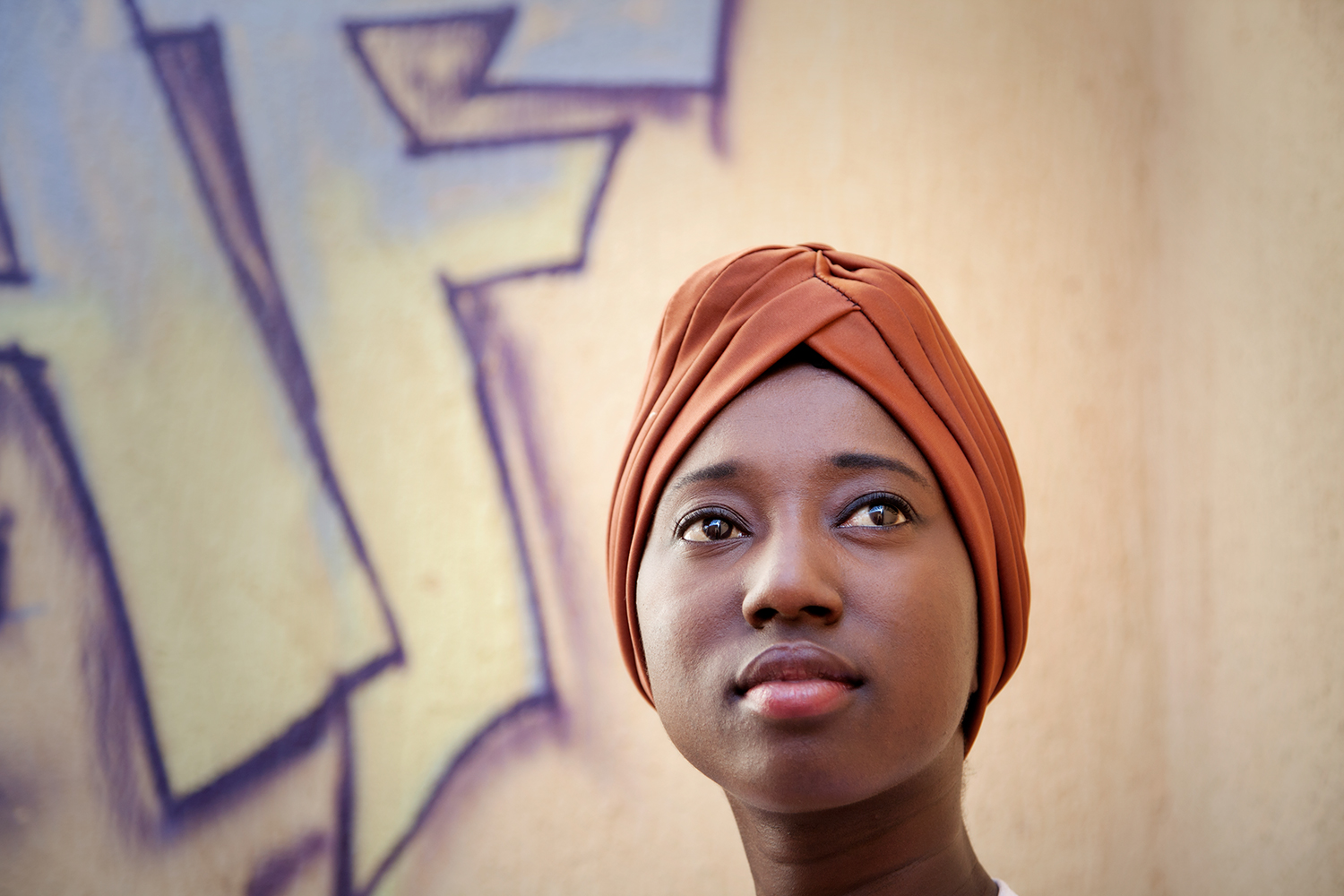
Malika ‘La Slammeuse’ photographed by Leila Alaoui in Ouagadougou, Burkina Faso, on 13 January 2016, as part of the My Body My Rights campaign.
By Shiromi Pinto
Since 1975, 8 March has been a rallying point for feminists worldwide. Established by the UN, it has traditionally been a moment to celebrate women’s achievements while highlighting serious inequalities between the sexes. But 41 years later, is it still necessary?
The answer is yes. Women and girls may have scaled unimaginable heights in politics, science, arts, sports and business, but they are still struggling. Not just for equal pay, which is a concern on so many people’s minds today – but for their basic human rights. Nowhere is this plainer than in women’s struggle for their sexual and reproductive rights. Here are six reasons why we think International Women’s Day is more important than ever. SEE THE REST OF THIS POST
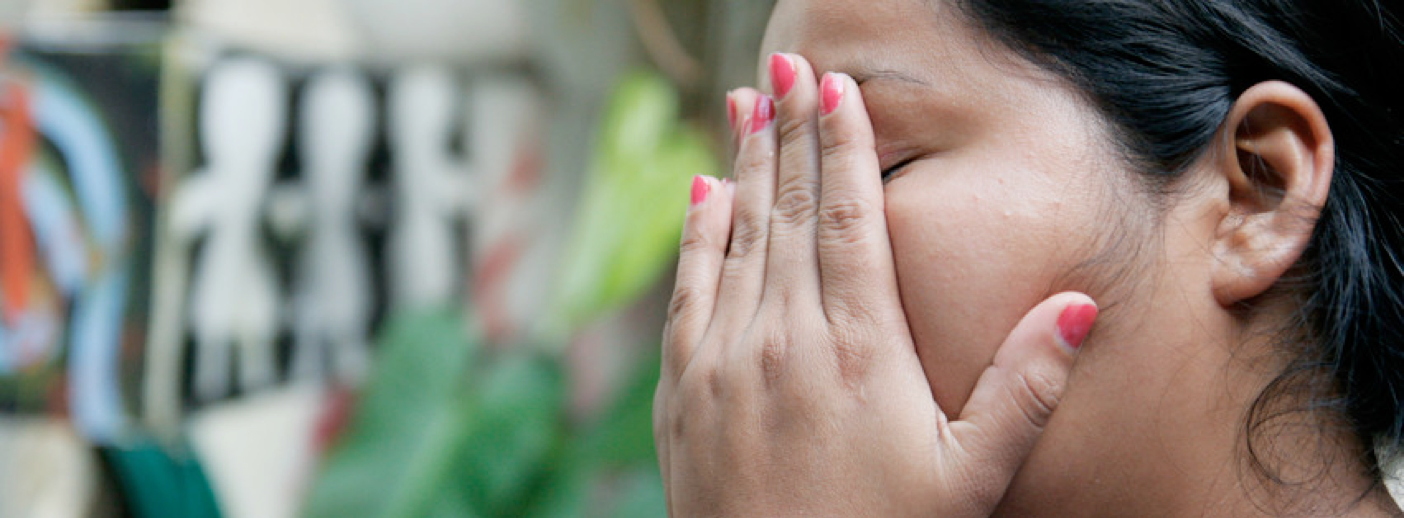
Marlene was accused and charged with having an abortion in El Salvador after she had a miscarriage when she was 18 years old.
By Christina V. Harris
Wasn’t the U.S. Supreme Court decision in Roe v. Wade made over 40 years ago now? And the landmark stance by the United Nations Human Rights Committee on the case of KL v. Peru made just around a decade ago? Sometimes in today’s climate, it’s hard to remember the answer is “yes” to both of these questions. Yes, women in the United States and internationally have been lawfully confirmed in their right to seek a safe, legal abortion and to make decisions and inquire into information about their bodies, their health, and their futures. SEE THE REST OF THIS POST
In 2015, Amnesty International investigated the human rights situation in 160 countries and territories worldwide. Progress continued in some areas, but many people and communities faced grave human rights abuses.
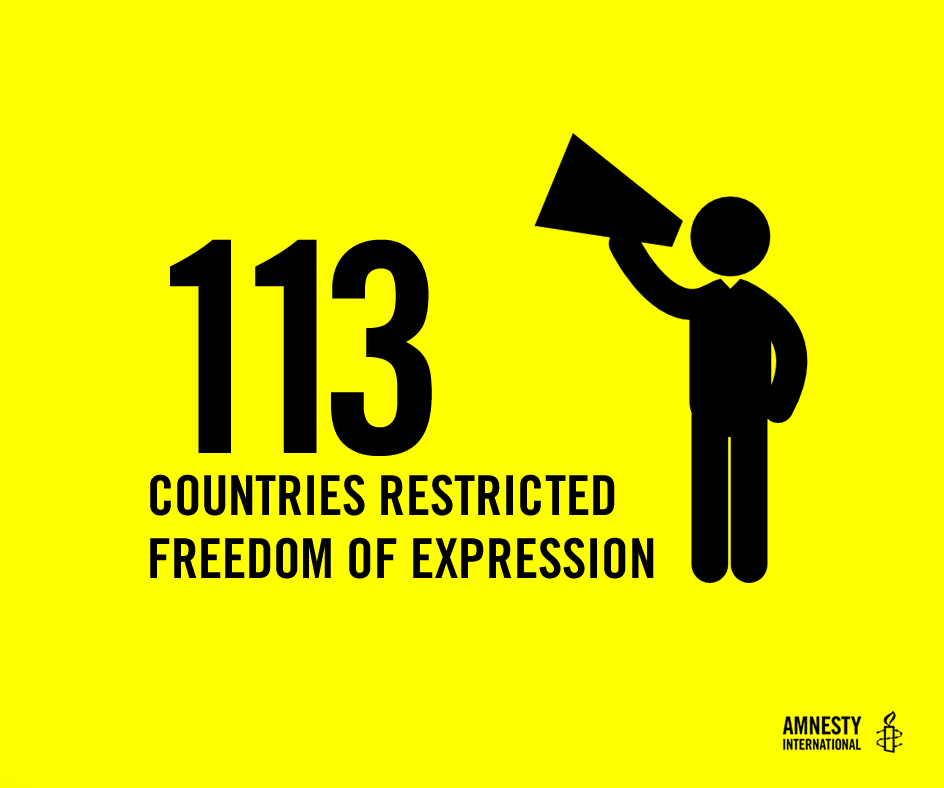
At least 113 countries arbitrarily restricted freedom of expression and the press. SEE THE REST OF THIS POST
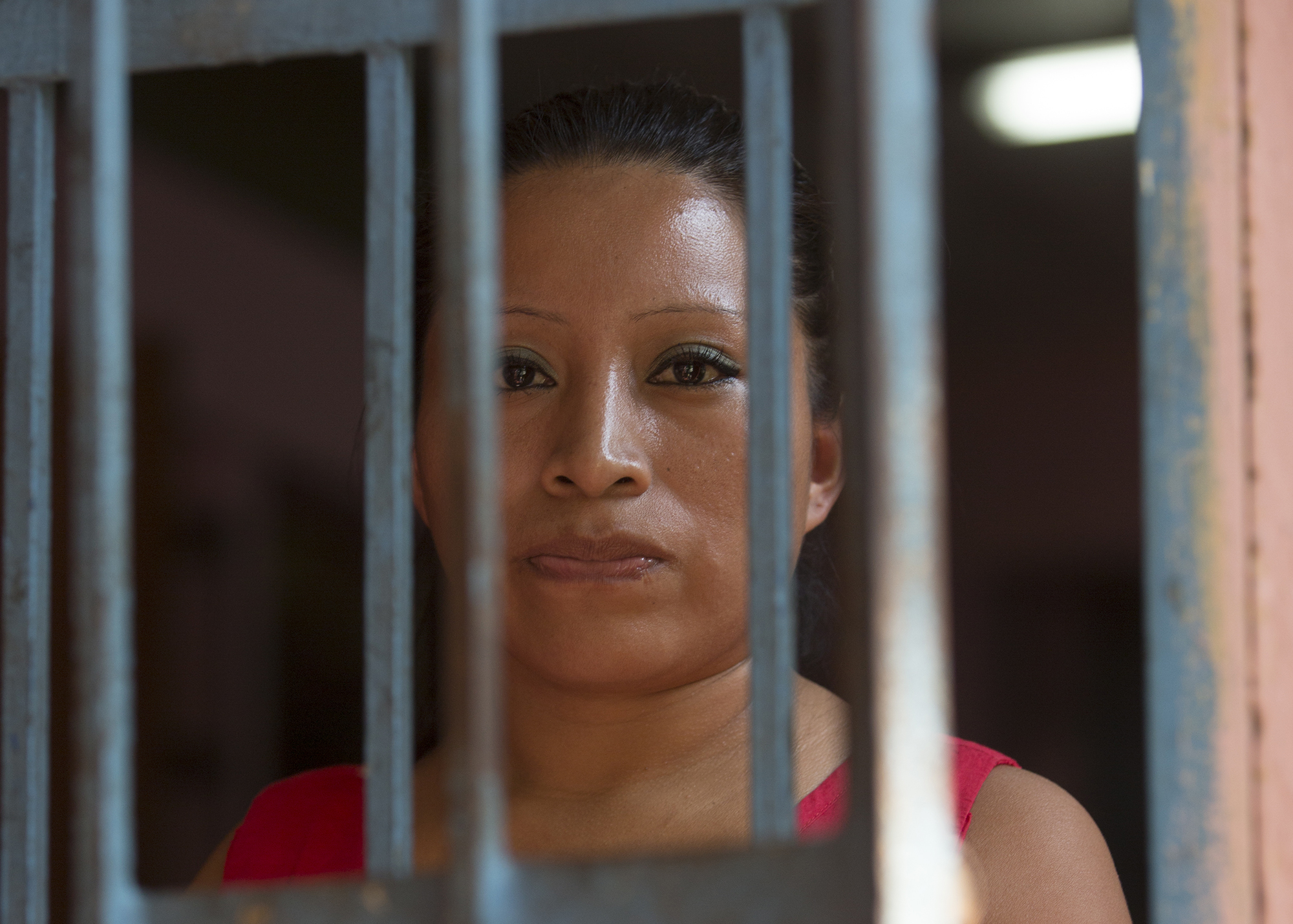
Portrait of Teodora Vasquez at her prison in El Salvador. She had been sentenced for 30 years after having an stillbirth out of suspicions of having had an abortion.
By Linda Veazey, AIUSA Board Member
In 1998, El Salvador outlawed abortion under any circumstances, including cases where the life or health of the woman is at risk; where pregnancies are the result of rape or incest; and in cases of severe fetal abnormalities. El Salvador’s total ban violates the human rights of thousands of women and girls.
In cases like Teodora del Carmen Vásquez, some women have even been sentenced to several decades in prison even though they did not have an abortion! In 2008, Teodora was sentenced to 30 years in prison for “aggravated homicide” after suffering a still-birth at work. Amnesty found that Teodora was presumed guilty after she received an unfair trial in which her family could not afford effective legal representation. SEE THE REST OF THIS POST
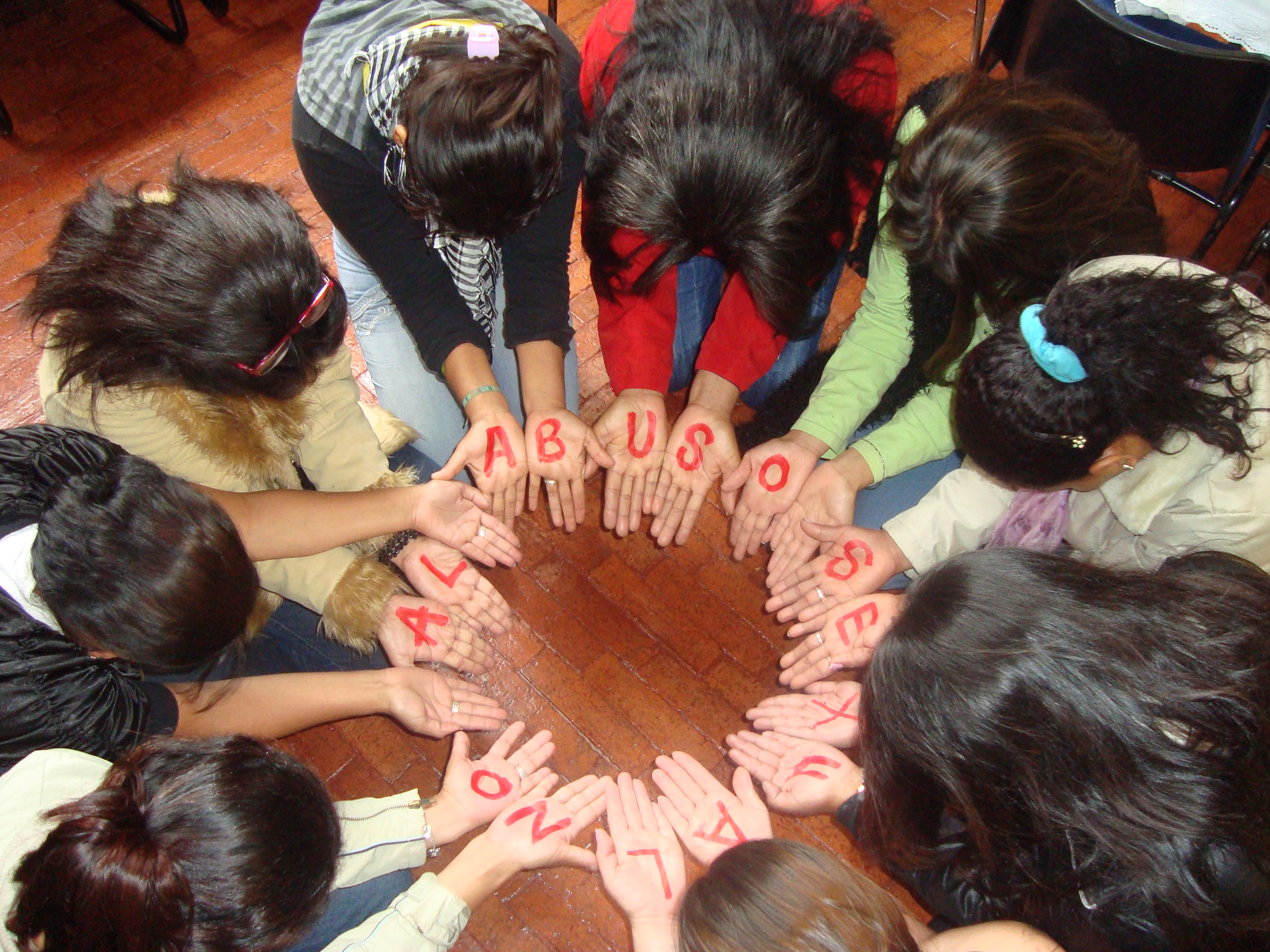
Members of a support group for survivors of sexual violence create a circle with their hands, Bogotá, Colombia, March 2011.
The letters on the hands of the women in a circle form the words “No al abuso sexual” (No to sexual abuse). They are a group of women who have been victims of sexual violence in the armed conflict in Colombia who meet regularly.
By: Janine Aguilera, Identity and Discrimination Unit Intern
Rape and sexual violence against women have been used as a tactic of war in Colombia since the beginnings of the armed conflict, more than 50 years.
Colombian women have been systematically raped or sexually assaulted for variety of purposes, including intimidation, humiliation, forced-displacement, extracting information, and rewarding soldiers. Rape and sexual violence have been also used as a strategy to assert social control, and a weapon against women’s rights defenders who raise their voices in support of land restitution. SEE THE REST OF THIS POST
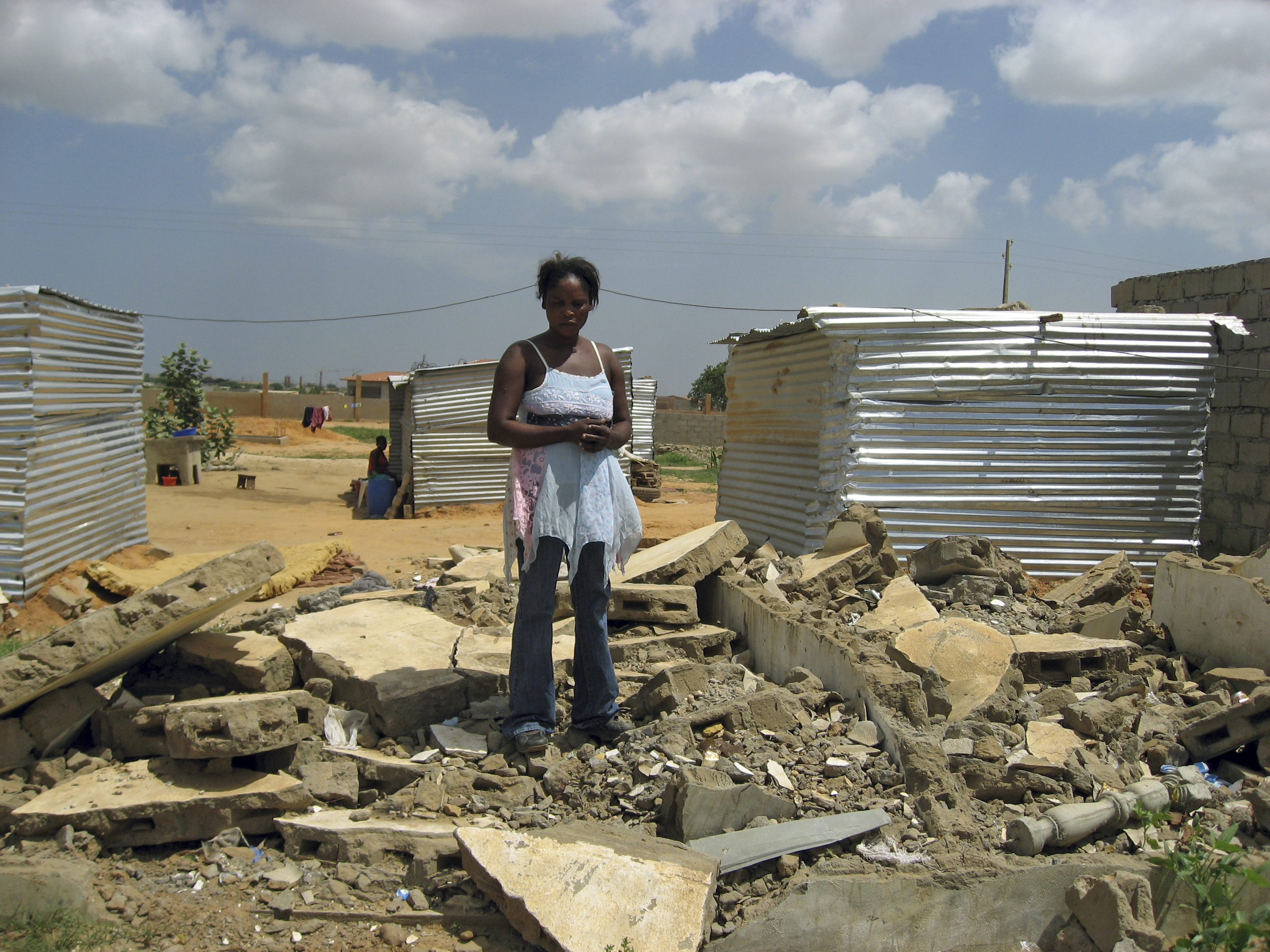
Ruins, Soba Kapassa, Luanda.
Dear Ms. Minaj-
Following your December 19th concert in Luanda, Angola, you tweeted “Angola has my heart.” More importantly, however, you also tweeted a picture of yourself with Isabel dos Santos, daughter of the president of Angola. You refer to Isabel in a comment using the phrase “girl power.”
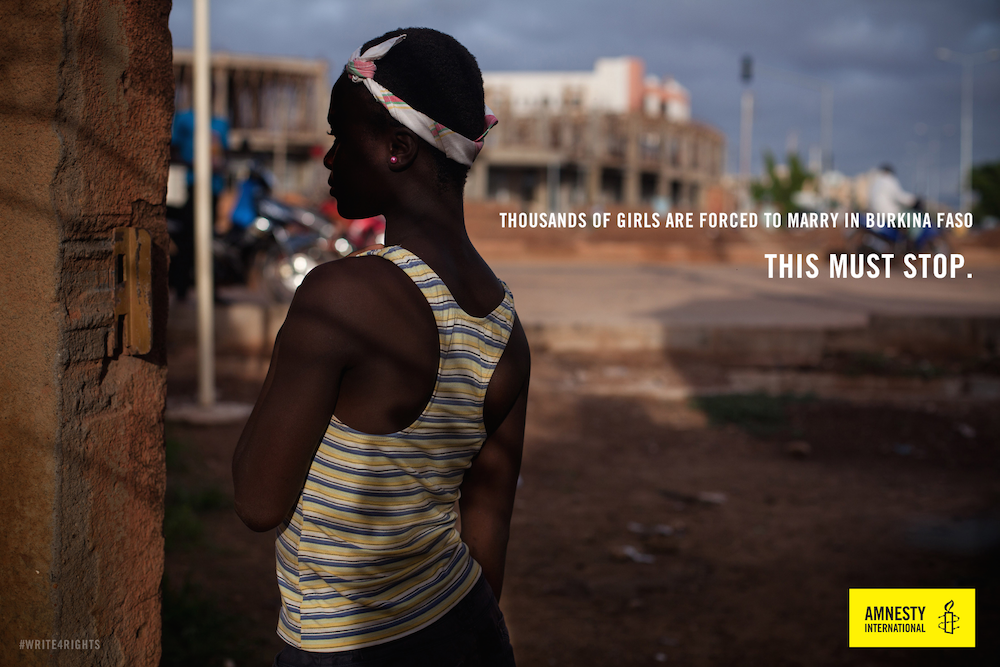
By Purva Khanapure, Amnesty USA Student Activist Coordinator, Central New Jersey
A few weeks ago, I found myself stressed as I drowned in hours of homework. After deciding to take a break, I began to check my email. I opened a message about Write for Rights, Amnesty International’s largest event, and clicked over to the website to read about this year’s twelve Write for Rights cases.
The case involving young women and girls in Burkina Faso, a country in West Africa, looked interesting, so I began to dive further in. I learned that in Burkina Faso, thousands of girls and young women are forced into early marriage and must suddenly and unwillingly dedicate their lives to another man. In order for families to collect financial returns by marrying off their daughters and sisters, safety, human rights, and happiness are compromised. SEE THE REST OF THIS POST
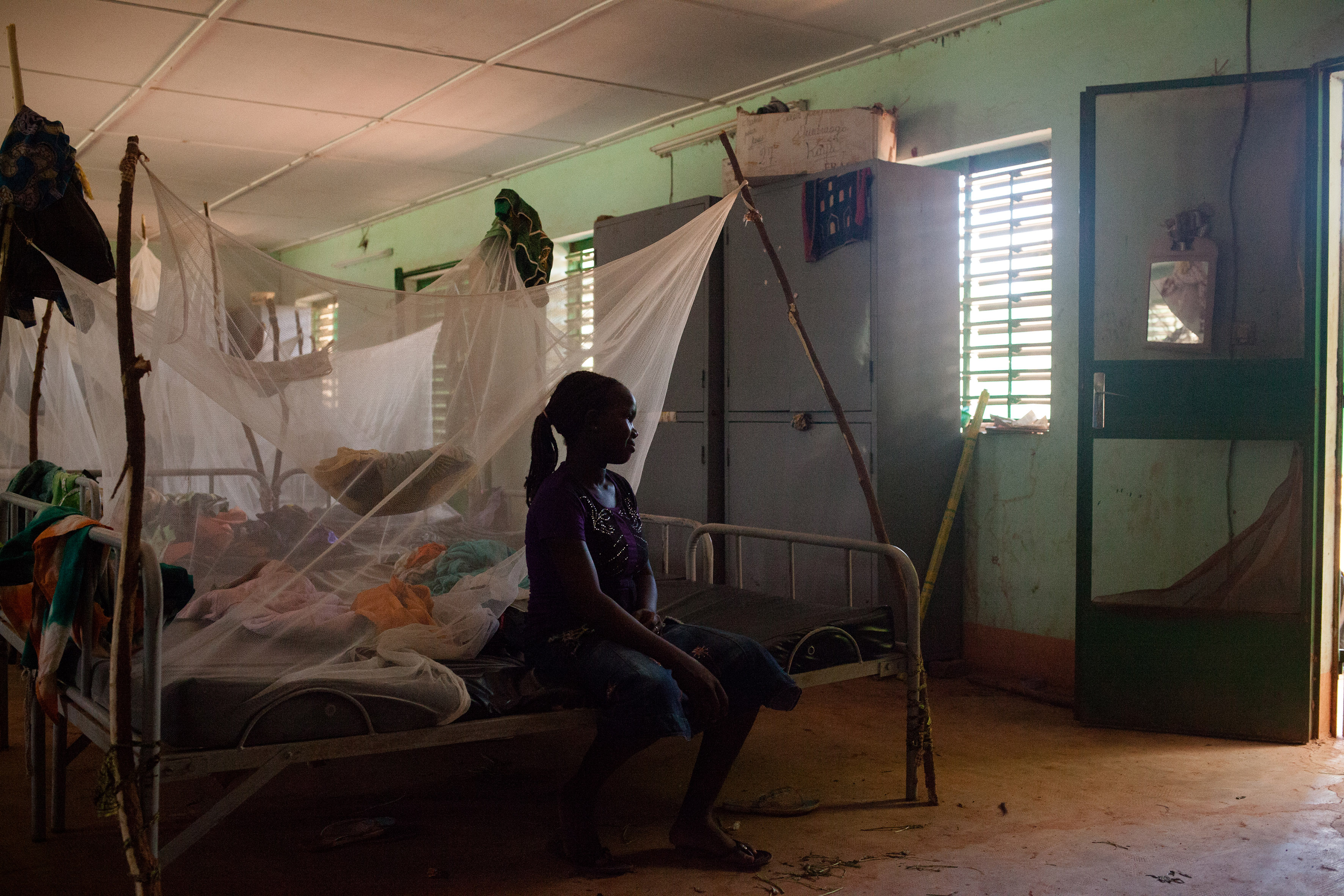
By Naureen Shameem, Amnesty USA Women’s Human Rights Coordination Group
What is it that enables you to make your life your own? Could you meaningfully choose your own life if your sphere of opportunity had been cut off as a child?
Globally, at least 25,000 children are married every day. 1 in 9 marry before the age of 15. Although the prevalence of child marriage worldwide has received more coverage in recent years, the rates remain staggering.
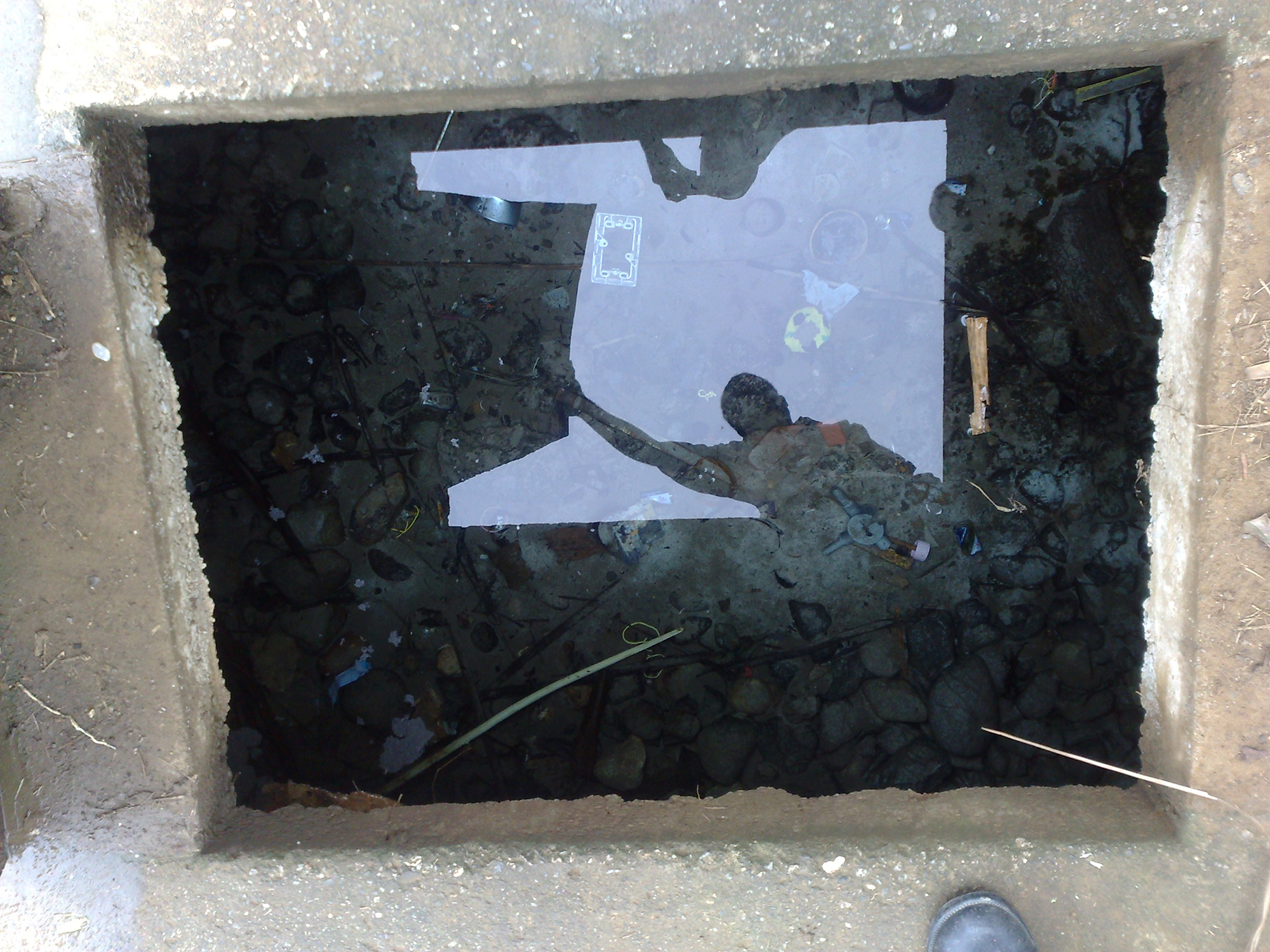
Safe drinking water, sanitation and hygiene, collectively known as WASH, aren’t usually the first thing that comes to mind for women’s rights advocates and activists, least of all during 16 Days of Activism against Gender-Based Violence. Yet they are undoubtedly huge barriers to safety, equality and education for women and girls worldwide.
One of the most insidious impacts of lack of WASH is on girls’ educational access, success, and sense of safety. One in three people worldwide doesn’t have access to a decent toilet. In low-income countries it is estimated that nearly half of all schools don’t have safe drinking water, decent toilets or hygiene facilities on the premises.